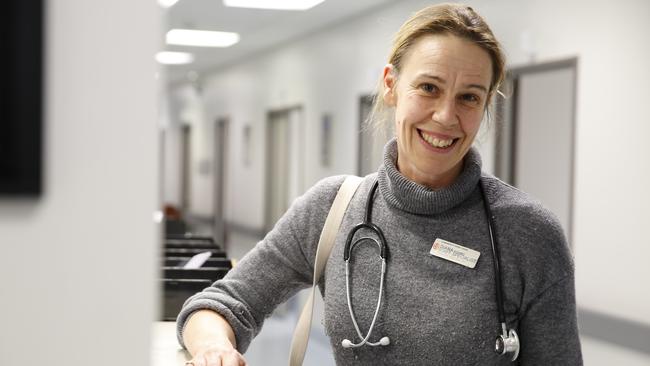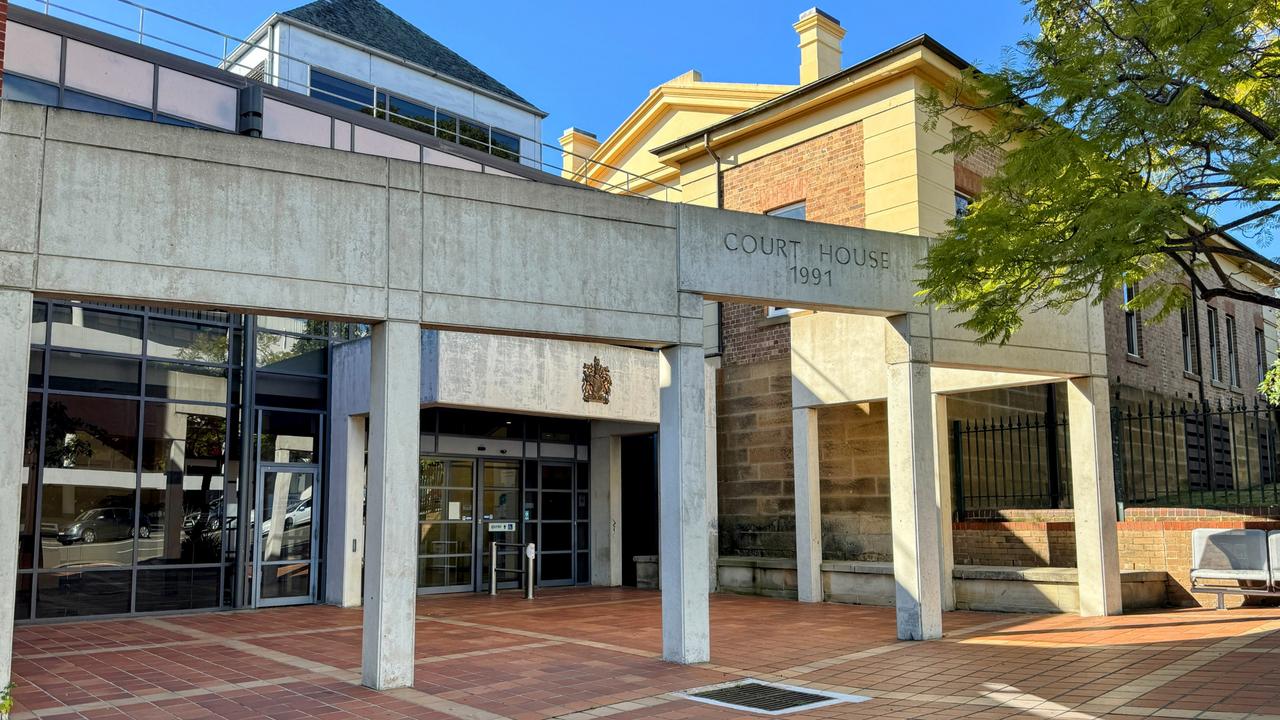Gynaecological cancer stats grim as women continue to avoid regular testing
EVERY day, 15 Australian women are diagnosed with a gynaecological cancer. And four will die. A top specialist said it was heartbreaking knowing regular testing could prevent many of them.

Liverpool
Don't miss out on the headlines from Liverpool. Followed categories will be added to My News.
GO and get tested. That’s the best advice to fight gynaecological cancer from one of south west Sydney’s top specialists.
Diana Adams is a medical oncology senior staff specialist at Macarthur Cancer Therapy Centre, which treats patients across the South Western Sydney Local Health District, including Liverpool Hospital.
Every day, 15 Australian women are diagnosed with a gynaecological cancer and four die as a result.
There are seven types of gynaecological cancers — ovarian, uterine (often called endometrial), vulval, vaginal, cervical and two rare pregnancy cancers.
The Save the Box campaign is determined to see that change.
The campaign aims to spark conversation and take the taboo out of talking about women’s cancers. There are more than 16,000 women living with a gynaecological cancer in Australia.
The Australia and New Zealand Gynaecological Oncological Group (ANZGOG) started the campaign to raise the awareness of clinical trials.
Clinical trials involve people volunteering to take part in new treatments, interventions or tests, in order to evaluate their effectiveness and safety.
Dr Adams said locally there were women participating in clinical trials.
“Every advance in cancer survival is on the back of clinical trials,” she said.
There are three trials that local women have been involved in, including the outback study of 700 women worldwide, including eight from Campbelltown.
There is also a radiation trial of endometrial cancer in Liverpool and an ovarian trial in Bankstown that looks at chemotherapy for relapsed cancer.
“We’ve had much progress in survival, but haven’t seen that great increase in gynaecological cancers,” Dr Adams said.
“They can present as an advanced cancer. The symptoms are non-specific and there was a standard therapy for “one size fits all” but it’s not just one disease. ANZGOG is now tailoring to the type of cancer.”
Dr Adams said women were still not heeding the message to get a Pap smear done. She said it would determine the problem early.
“Statistically, other cancers have had improvements in survival of 19 per cent over the last 25 years. Gynaecological cancers is only seven per cent — those numbers need to change.”


